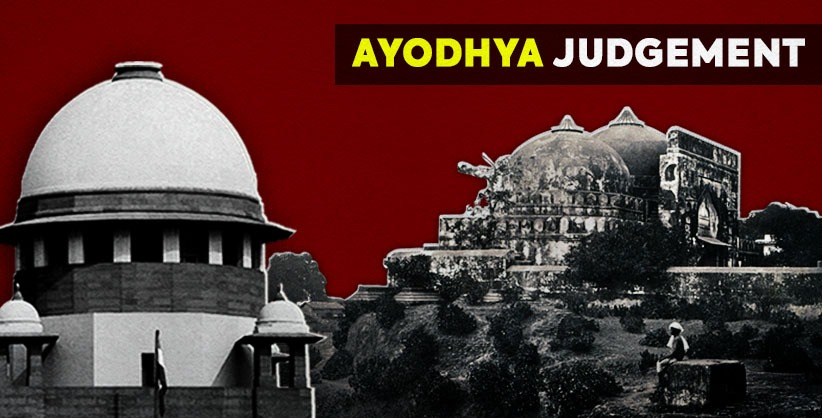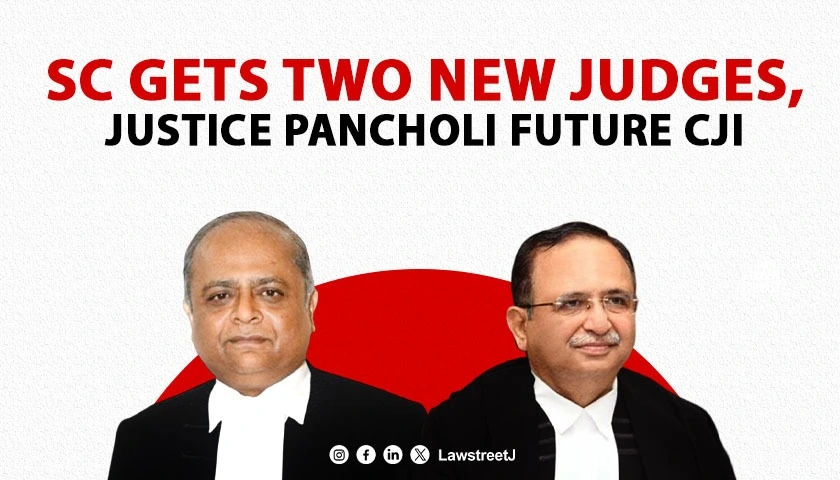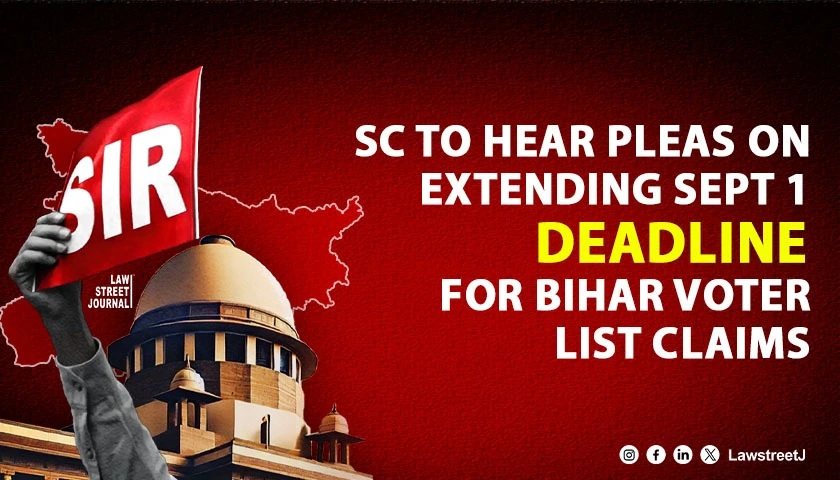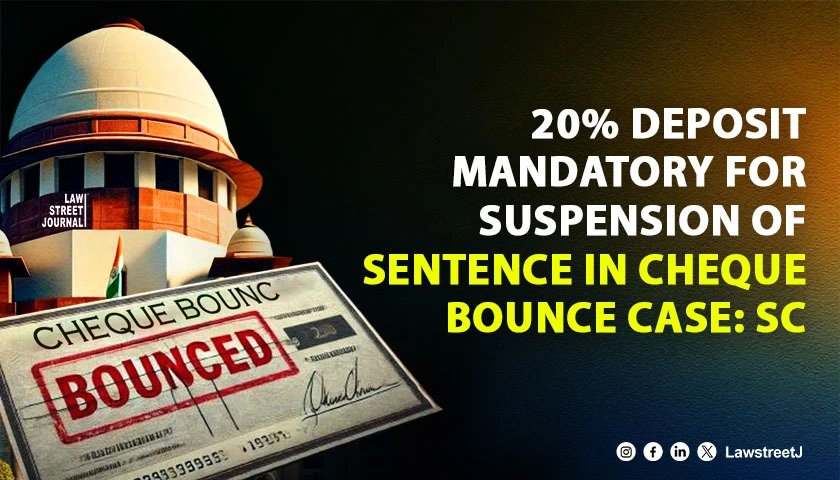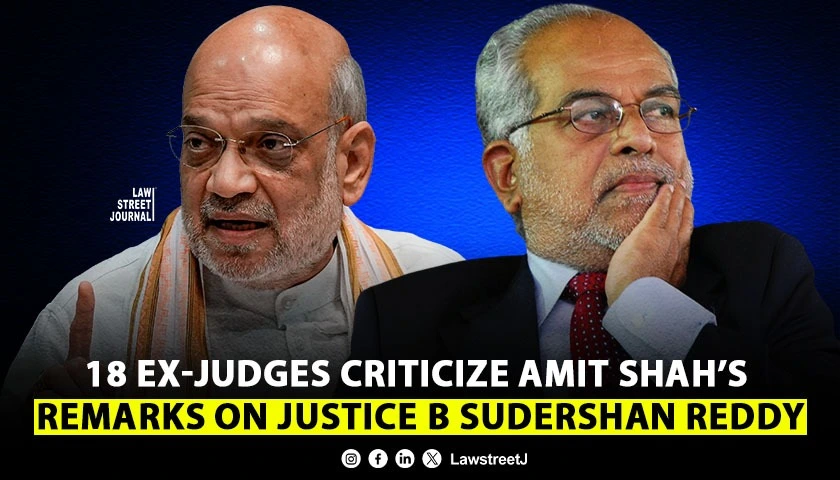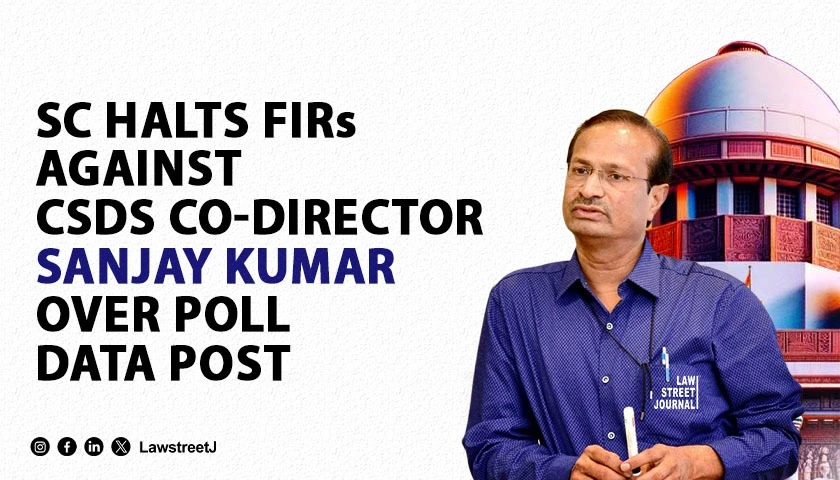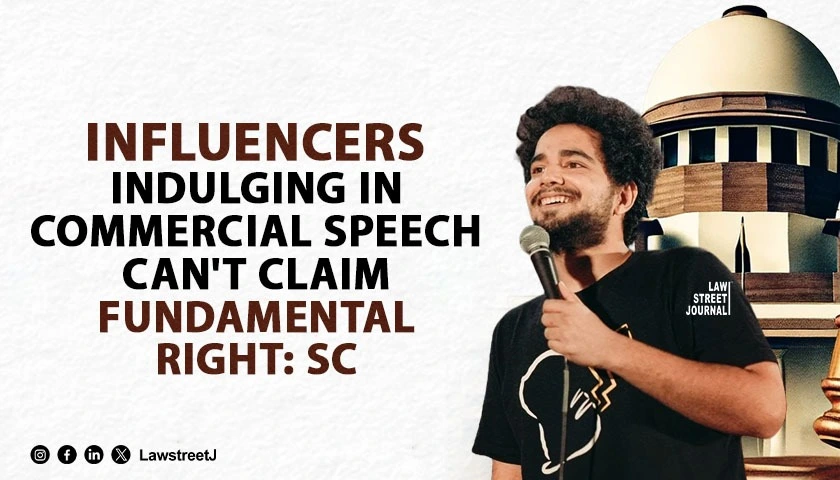NEW DELHI: Solicitor General Tushar Mehta on Wednesday told the Supreme Court the 2019 Ayodhya case judgement by a five-judge Constitution bench does not cover the questions related to validity of the Protection of Places of Worship (Special Provisions) Act, 1991.
Dealing with a batch of PILs against the law which mandated maintaining character of religious places as prevailed on August 15, 1947, a bench presided over by Chief Justice U U Lalit put the specific query to Mehta, appearing for the Centre.
"Is the 1991 Act is covered by the Ayodhya judgement? What is your personal view," the bench, also comprising Justices S Ravindra Bhat and Ajay Rastogi, asked him.
To this, Mehta said, "It is not covered".
The bench's question came as senior advocate Rakesh Dwivedi, appearing of petitioner Ashwini Kumar Upadhyay contended the top court's observations in 2019 judgement was 'obiter dicta' as there was no advancing of arguments on the validity of 1991 law.
Dwivedi said the 1991 Act was passed without much of discussions in Parliament and issues involved in challenge here related to questions of vital national importance and must be decided by the court.
The bench also put into record questions framed by Dwivedi and senior advocate Aman Sinha, also for one of petitioners, for deliberations.
The court also asked Mehta as to how much time the Centre would take to file its response to the petitions.
To this, he said, "given the sensitivity of the matter, the government would require two more weeks." The court had issued notice to the Centre in March, 2021. On last date of hearing, it gave four weeks time to file the reply on Mehta's request.
Muslim organisations namely Jamiat Ulama-I-Hind and NGO All India Muslim Personal Law Board have opposed the PILs saying those indirectly sought to target places of worship which are presently of Muslim character.
Relying upon the Ayodhya judgement, they claimed the 1991 Act is intrinsically related to the obligations of a secular State. It reflects the commitment of India to the equality of all religions.
"Historical wrongs cannot be remedied by the people taking the law in their own hands. In preserving the character of places of public worship, Parliament has mandated in no uncertain terms that history and its wrongs shall not be used as instruments to oppress the present and the future," they said, quoting the 2019 judgement.
Advocate Vrinda Grover, appearing for Jamiat Ulama-I-Hind, submitted their response in the matter would depend on the stand taken by the Union government.
The court issued notice on all petitions and gave the Centre time to file its response on or before October 31, while fixing the matter for further hearing on November 14.
The petition by Upadhyay and others questioned validity of the 1991 law, saying it created "arbitrary and irrational retrospective cutoff date" of August 15, 1947, for maintaining character of places of worship-pilgrimage against encroachment done by "fundamentalist-barbaric invaders and law breakers".
It had also contended that under the Hindu Law, the deity and its property is never lost and devotees have right to sue a wrongdoer for restoration of deity and its property. So, illegal encroachment by other faith doesnt yield any right and equity in favour of usurper.
[ Read Questions of Law framed by Advocate Rakesh Dwivedi]

